Sale!
Internal Auditor Training On Iso 9001
Original price was: ₹17,000.00.₹8,500.00Current price is: ₹8,500.00.
Training internal auditors on ISO 9001 is crucial for ensuring that an organization’s Quality Management System (QMS) is effectively implemented and maintained. Here’s a structured approach to training internal auditors on ISO 9001:
### 1. **Understanding ISO 9001**
**Objectives:**
– Familiarize auditors with the ISO 9001 standard.
– Understand the principles of a Quality Management System.
**Topics to Cover:**
– Introduction to ISO 9001:2015 – overview, purpose, and benefits.
– Quality Management Principles (e.g., customer focus, leadership, process approach).
– Structure and clauses of ISO 9001:2015.
### 2. **Auditing Principles and Practices**
**Objectives:**
– Equip auditors with auditing techniques and skills.
– Understand the roles and responsibilities of auditors.
**Topics to Cover:**
– Principles of auditing (e.g., integrity, fair presentation, due professional care).
– Types of audits (internal, external, third-party).
– Audit planning, preparation, and execution.
– Interviewing techniques and effective communication.
### 3. **ISO 9001 Requirements and Interpretation**
**Objectives:**
– Enable auditors to interpret ISO 9001 requirements correctly.
– Ensure auditors can assess compliance effectively.
**Topics to Cover:**
– Detailed explanation of each clause of ISO 9001:2015.
– Requirements for leadership and commitment.
– Planning and risk-based thinking.
– Operational planning and control.
– Performance evaluation and improvement.
### 4. **Audit Techniques and Tools**
**Objectives:**
– Provide auditors with practical tools and techniques.
– Enhance efficiency and effectiveness of audits.
**Topics to Cover:**
– Checklists and audit trails.
– Non-conformity identification and classification.
– Root cause analysis.
– Reporting and documenting findings.
### 5. **Practical Exercises and Role-Playing**
**Objectives:**
– Allow auditors to practice auditing skills in a simulated environment.
– Gain hands-on experience and confidence.
**Activities:**
– Mock audits of different departments or processes.
– Role-playing as auditors and auditees.
– Review and feedback sessions.
### 6. **Continual Improvement and Follow-Up**
**Objectives:**
– Emphasize the importance of continual improvement.
– Establish a process for follow-up and monitoring.
**Topics to Cover:**
– Corrective and preventive actions.
– Monitoring and measuring performance.
– Management review and continual improvement.
### **Training Materials and Resources**
– **ISO 9001:2015 Standard Document**
– **Training Manuals and Handouts**
– **Case Studies and Examples**
– **Checklists and Templates**
– **Interactive Tools and Software**
### **Assessment and Certification**
After the training, it’s essential to assess the auditors’ knowledge and skills through a written exam and practical assessment. Successful participants should be certified as internal auditors and be capable of conducting audits within the organization.
### **Conclusion**
Training internal auditors on ISO 9001 should be comprehensive, engaging, and tailored to the organization’s specific needs. By following this structured approach, organizations can ensure that their auditors are well-equipped to assess the QMS effectively and contribute to continual improvement.

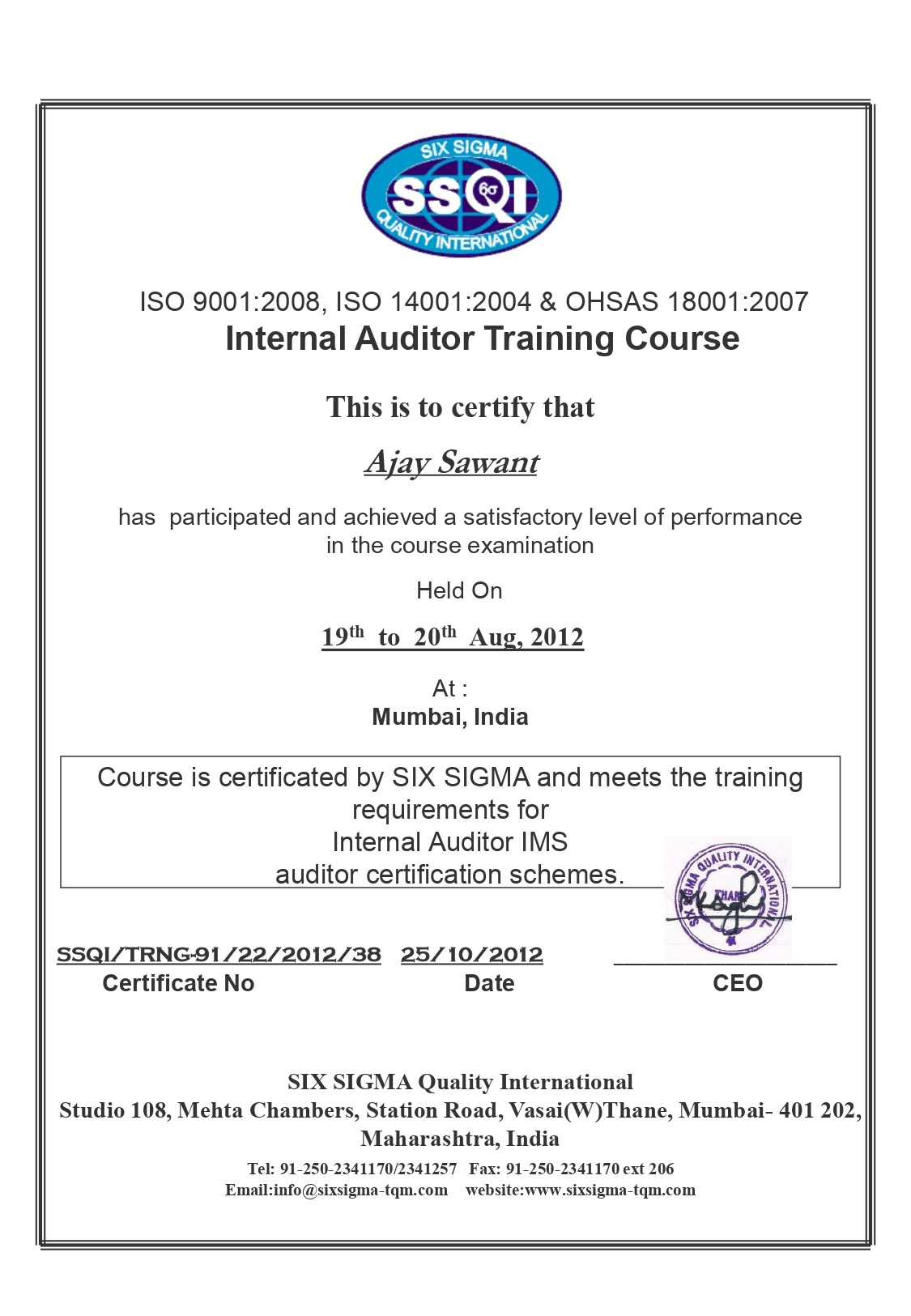


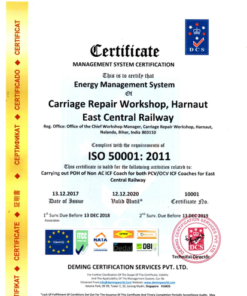

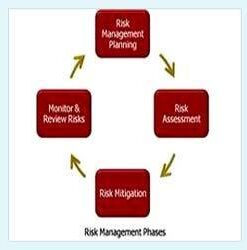

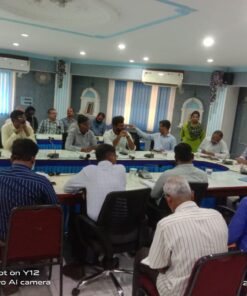

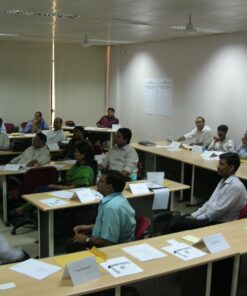
Reviews
There are no reviews yet.